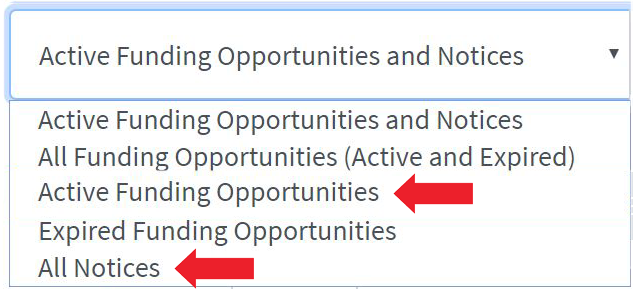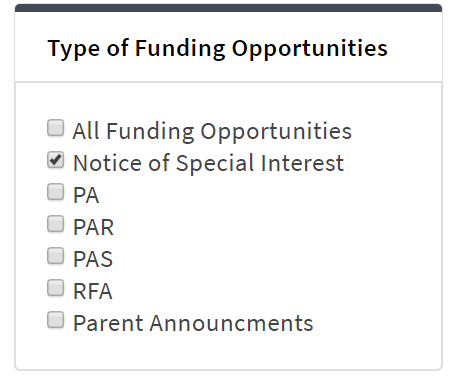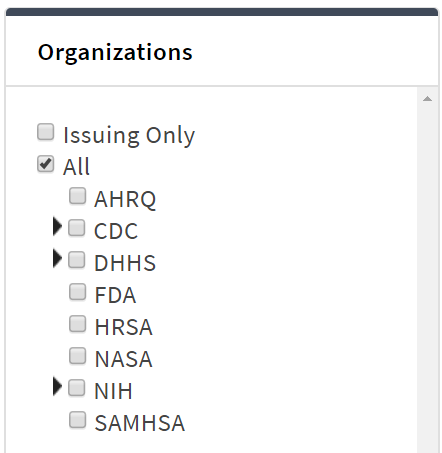The 21st Century Community Learning Center’s (CLCC) program provides opportunities for children who come from economically disadvantaged families and attend low performing schools to receive academic supports. School districts, schools, community based organizations, including faith-based organizations, institutions of higher education, city or county government agencies, for-profit corporations and other public or private entities are eligible for CCLC grants.
The Ohio Department of Education’s Office of Improvement and Innovation administers the CLCC grant program. This federally funded program supports high-quality, out-of-school time learning opportunities and related activities for students who attend eligible schools. Recent flexibility from the U.S. Department of Education allows 21st Century funds to be used for expanded learning time programming during the school day, week or year in addition to out-of-school time.
The deadline for all Fiscal Year 2021 21st Century Community Learning Center applications is April 24, 2020, at 5 pm.
The U.S. Department of Education annually provides 21st Century funds to states to support activities pursuant to implementing expanded learning time and out-of-school time that clearly align academic services to the identified needs of students and state academic standards. Funding for this grant is contingent upon the Department’s receipt of federal funding.
Grant application period: Monday, March 2, 2020, at 8 am through Friday, April 24, 2020, at 5 pm.
Submission of grant application: Applicants must submit applications through the Comprehensive Continuous Improvement Plan (CCIP), the Department’s grants application system. No extensions will be permitted once the CCIP closes. The superintendent/CCIP authorized representative of the submitting organization must give final approval of the application in the CCIP prior to the deadline.










